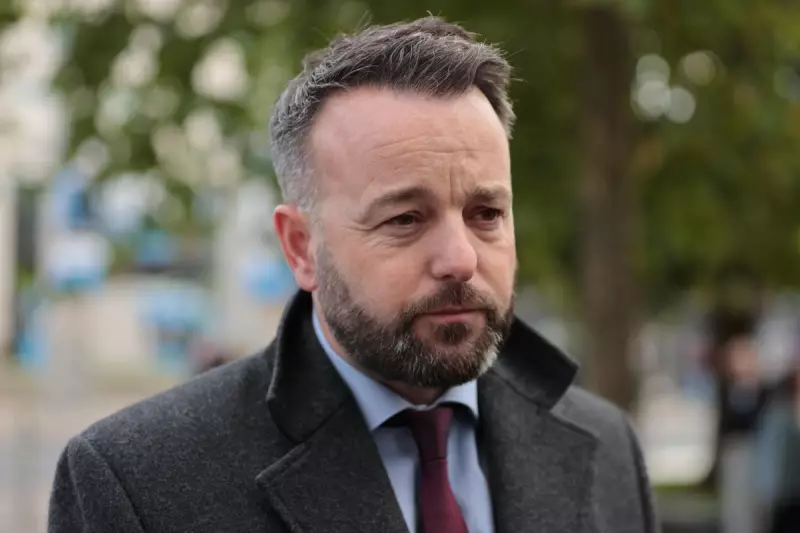
Colum Eastwood, the Social Democratic and Labour Party (SDLP) leader and MP for Foyle, finds himself at the centre of a political storm following his vocal support for a ceasefire in Gaza. The Northern Irish politician's stance has ignited fierce debate in his Derry constituency and beyond.
Community Backlash and Political Fallout
Eastwood's position has drawn sharp criticism from Northern Ireland's Jewish community, who accuse him of failing to adequately address Hamas's attacks on Israeli civilians. The MP's office confirmed he has received numerous complaints from constituents deeply concerned about his approach to the Middle East conflict.
In a tense exchange during BBC Radio Foyle's interview, Eastwood defended his record, stating he had "consistently condemned the murder of Israeli citizens" while maintaining that "the collective punishment of Palestinians in Gaza cannot be justified."
Historical Context and Local Reactions
The situation in Derry reflects the complex interplay between Northern Ireland's own troubled history and contemporary international conflicts. Many local residents have drawn parallels between Palestinian experiences and Northern Ireland's past, creating a deeply emotional response to the Gaza situation.
Jewish community leaders have expressed disappointment, suggesting Eastwood's statements have created an environment where some feel unsafe expressing support for Israel. This has prompted questions about balancing local constituency concerns with broader international diplomacy.
Political Positioning and Future Implications
Eastwood's stance places him among a growing number of UK politicians calling for an immediate ceasefire, positioning the SDLP firmly on one side of a deeply divisive international issue. The controversy comes at a sensitive time for Northern Irish politics, with ongoing challenges related to power-sharing and post-Brexit arrangements.
As the debate continues, Eastwood faces the delicate task of navigating local sentiment in Derry while contributing to national discussions about the UK's role in addressing international conflicts. The episode highlights how global issues increasingly resonate in local political landscapes across the United Kingdom.





